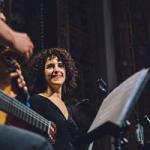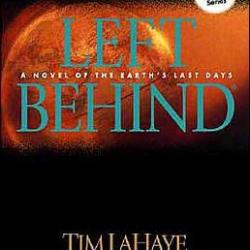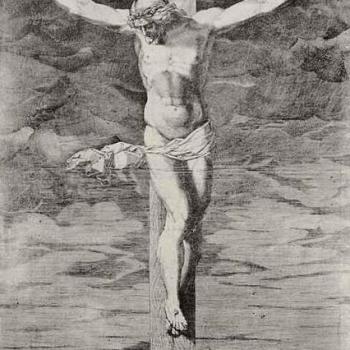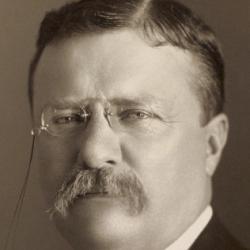An Interview with David Belton
By Patheos staff
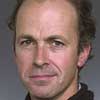 Before the debut of the landmark PBS series, God in America, Patheos sat down with some of the key figures involved in the series. In this interview, series director David Belton talks about religion surviving in the New World, interpreting the Founding Fathers, and Ben Linus from Lost. Belton is an award-winning director and producer for the BBC who has worked in news, current affairs, documentaries, and drama for twenty years. Among his best-known works are Ten Days to War and Power of Art.
Before the debut of the landmark PBS series, God in America, Patheos sat down with some of the key figures involved in the series. In this interview, series director David Belton talks about religion surviving in the New World, interpreting the Founding Fathers, and Ben Linus from Lost. Belton is an award-winning director and producer for the BBC who has worked in news, current affairs, documentaries, and drama for twenty years. Among his best-known works are Ten Days to War and Power of Art.
The series opens by making the case that the faiths and traditions of Old World Europe won't survive in the New World. Why was this true?
There was a way things had been done in Europe, for hundreds and hundreds of years, really. We begin the series with a small story of some Native Americans rising up against their Catholic colonial masters and throwing them out of New Mexico. This was a signal, really. If you try to impose religion on this landscape the way religion was imposed on Europe, which was basically a church that was run and owned by the state, and they were very much interwoven with each other, that it wasn't going to work.
The landscape was too big -- it was almost a practical thing. In a broader sense, the story that we tell is that once you get to America, it's just too big to contain. In Europe, there were sovereignties and fiefdoms and kingdoms, with sharply delineated borders. But in America, if you didn't like the religion people were trying to impose on you, you could just leave. So it was very difficult to try to control religious belief, and to retain the same church-state relationship in Europe. And this became even more difficult when people started thinking very seriously about political freedom. So these two things came together, and it was a potent force that changed what had happened for the previous thousand years in Europe.
Even the title of the series suggests that there is something unique in the American approach to God. What is this distinctly American relationship with God?
I think Americans have always seen their country -- and themselves -- as having a special relationship with God. What the series shows is that America was the first country that was confident enough to say that you can have a personal relationship with your god. And you can choose any god you like -- it's entirely within your rights to worship that god the way you like, and the state can have nothing to do it with. That had never been tried before in the Enlightened world, at least. And that gave Americans a sense that in a way they were in a special communion with God.
In the first episode, Archbishop John Hughes fights the government's sponsorship of Protestant religion being taught in public schools. In creating this series, what struck you about the parallels to the current discussions on religious pluralism?
I'm a Briton, and as an outsider to America, they feel very similar. When I said before that people had the religious freedom to worship however they wanted, of course that wasn't true. If you were a Catholic in the 1840s, you suffered terrible prejudice. And I think that's what happens with freedom: if you offer people the opportunity to worship as they want, that doesn't necessarily mean that they're going to allow it to happen. There was no law that said to Protestants in 1840 that they must allow Catholics to worship freely. It was up for people to find it for themselves.
And I think that's the rich context of the way the First Amendment was designed, and why Americans to this day continue to wrestle with this question of who they are, what religion they are, what they should allow into their country and what they should not. They're always stretching to see what's possible, what's attainable.
Over the years, of course, people became more comfortable living and worshiping among Catholics, but it took more than 100 years after John Hughes for them to be comfortable with a Catholic president.
Today, people are wrestling with the idea of Islam. How can Islam fit into American culture, particularly because of what happened nine years ago in New York, Washington, D.C., and Pennsylvania. Can Islam fit into the tableau of American religion, in which people are free to do what they want? Does it have those characteristics? But America's in the process of wrestling with that idea, just as it wrestled with Catholicism a century and a half ago.
